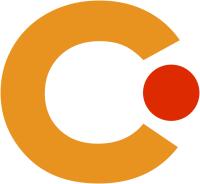Inproceedings,
Object tracking as job-scheduling problem
Seventh International Conference on Distributed Smart Cameras (ICDSC), page 1-7. (2013)
Abstract
This paper establishes a connection between object tracking from a systems point of view and the job-scheduling or job-shop problem. Often, surveillance areas cannot be fully monitored by a set of smart cameras at any given point in time. Decisions have to be made, which objects are to be tracked. The computer vision aspects of object tracking have made substantial strides which permits for elaborately planning the monitoring jobs. In this paper, object tracking is handled as a job-scheduling problem. As a result, tracked objects are considered as scheduling jobs that rely on smart cameras as resources that follow according tracking policies. The presented job-scheduling approach is based on proactive quotations advertised by the jobs. The main advantages of this algorithm are the avoidance of negotiation chains and the acceptance of local non-optimal solutions to benefit the overall performance.

